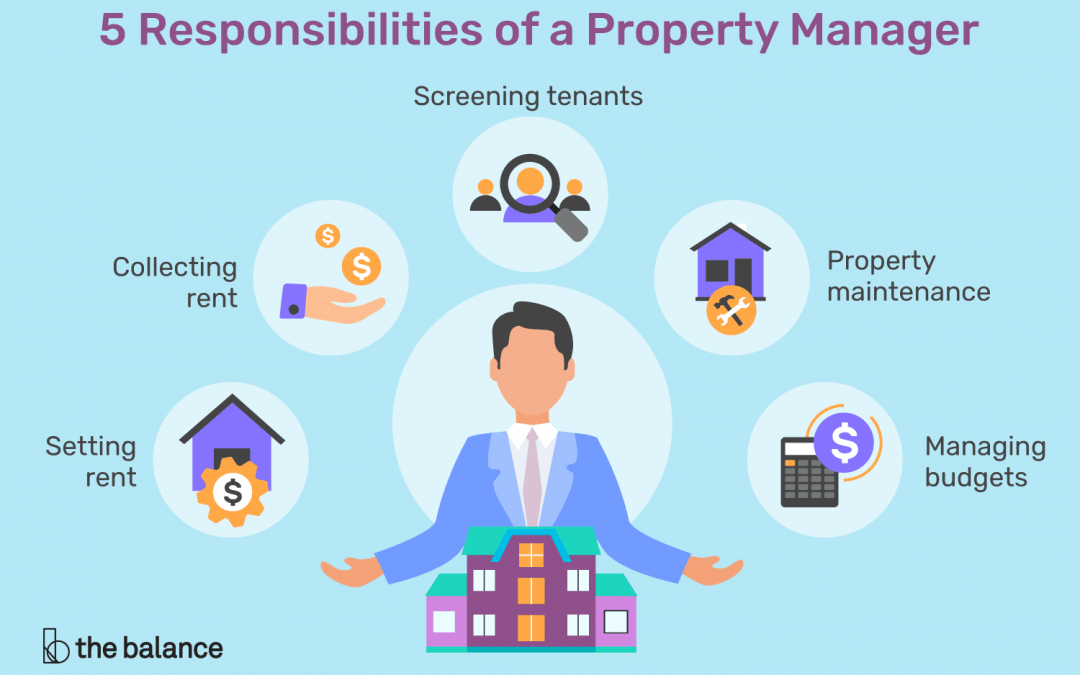Hiring a property manager to oversee your investment properties and handle tenant-related tasks can be a wise decision, especially if you have multiple properties and prefer to focus on other aspects of your business or personal life. Here’s a detailed guide on how to hire a property manager:
1. Determine Your Needs:
Define Scope: Clearly outline the responsibilities you want the property manager to handle, such as rent collection, maintenance coordination, tenant screening, lease enforcement, and financial reporting.
Number of Properties: Assess the number and types of properties you own to determine the scale of management services required.
2. Research Property Management Companies:
Online Research: Start by researching property management companies in your area. Look for companies with a strong reputation, positive client reviews, and experience managing properties similar to yours.
Referrals: Ask for recommendations from fellow investors, real estate agents, or local landlord associations.
3. Interview Potential Property Managers:
Initial Screening: Contact several property management companies to schedule initial interviews or meetings. Prepare a list of questions to ask, covering topics such as experience, services offered, fees, communication methods, and tenant retention strategies.
Meet in Person: Conduct in-person meetings with potential property managers to assess their professionalism, communication skills, and compatibility with your goals and expectations.
4. Review Contracts and Fees:
Service Agreements: Review the property management contracts carefully, paying close attention to the scope of services, termination clauses, and any additional fees or expenses.
Fee Structure: Understand the property manager’s fee structure, which may include a percentage of monthly rent collected, leasing fees, maintenance markups, and other charges. Compare the fees of different property management companies to ensure they align with your budget and expectations.
5. Check Credentials and References:
Licensing and Certification: Verify that the property management company is licensed and compliant with state and local regulations. Some states require property managers to hold specific licenses or certifications.
References: Request references from current or past clients to gain insight into the property manager’s performance, responsiveness, and overall satisfaction level.
6. Clarify Communication and Reporting:
Communication Channels: Discuss how the property manager will communicate with you and how frequently updates will be provided. Establish clear expectations for communication channels, response times, and emergency procedures.
Reporting: Determine the frequency and format of financial reports you’ll receive, including rent collection summaries, expense reports, and property performance metrics.
7. Finalize the Agreement:
Negotiate Terms: If necessary, negotiate any terms or conditions of the agreement to ensure they align with your needs and preferences.
Sign the Contract: Once you’re satisfied with the terms, sign the property management contract and establish a timeline for transitioning management responsibilities.
8. Transition Management Responsibilities:
Onboarding Process: Work with the property manager to facilitate a smooth transition of management responsibilities, including transferring lease agreements, tenant contact information, keys, and access codes.
Orientation: Provide the property manager with relevant information about your properties, including maintenance history, vendor contacts, and any specific tenant preferences or requirements.
By following these steps and conducting thorough due diligence, you can hire a competent property manager to oversee your investment properties effectively, allowing you to enjoy passive income without the day-to-day hassles of tenant management. Regular communication and periodic reviews will help ensure a successful long-term partnership with your property management company.

